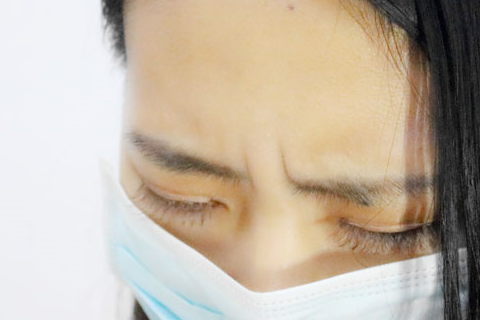Colds are the most common illness in everyday life, and it’s normal for a person to catch a cold 2-6 times a year. Cold medicine is also considered one of the most essential household medicines. With symptoms like dizziness, headaches, fever, and runny noses, many people will take a few pills; almost everyone has used it. However, some argue that colds are caused by viruses, which are usually self-limiting and generally resolve on their own within 5-7 days, so there’s no need to take cold medicine at all.
In fact, taking medicine as soon as you catch a cold and refraining from medication altogether are clearly two extreme approaches and both are highly inadvisable.
It is true that colds are caused by viruses, and these viruses can only be naturally cleared by an individual’s immune system. Currently, there isn’t any specific medication available, and the antibodies produced by our immune systems can generally eliminate these viruses from the body within about 3-5 days. Therefore,
the real problem with colds is that they bring various “disruptive” symptoms, which can affect our work, study, and rest. Although colds may seem trivial, in the U.S., there are as many as 2.5 billion days of lost work each year due to colds.
After our immune system gets involved, the body produces some inflammatory substances that get trapped in mucus or phlegm. When they linger in the respiratory tract, they can cause symptoms like nasal congestion and coughing. These are normal responses of the body fighting off disease and serve as a protective mechanism. Coughing produces an expiratory thrust that helps expel phlegm and other secretions from the respiratory tract, which is indeed a beneficial action. Thus, medications that suppress coughing, runny noses, or phlegm can be counterproductive. Although it might sound cliché, drinking plenty of water and resting is actually the best course of action at this time.
However, if symptoms such as coughing or a runny nose are excessively “troublesome” and persist for a long time, for instance, if the cough is severe, it’s necessary to use medication under a doctor’s guidance.
If you have nasal congestion and a runny nose, you can use a saline nasal spray for nasal care, or relieve congestion by inhaling steam. If the cold is accompanied by a sore throat, you can use saline water for gargling. If saline water doesn’t help, throat lozenges can alleviate the symptoms. If none of these methods work, then consider medication.
Another situation when medication may be necessary is when a fever occurs.
If physical cooling doesn’t alleviate the uncomfortable symptoms, consider using antipyretics. It’s important to remind you not to use the method of “sweating it out,” as this would hinder the body’s heat dissipation. A lot of sweating after bundling up during a fever isn’t due to the blankets but is merely a natural result of the body’s temperature regulation returning to normal. You can recover just as well without the blankets, and there’s no significant difference in timing.


